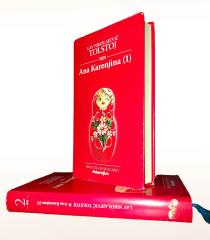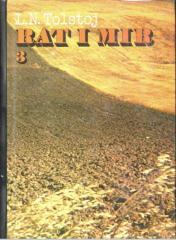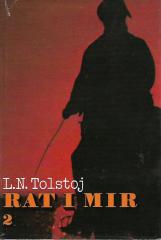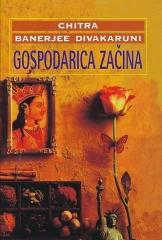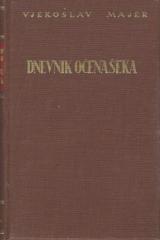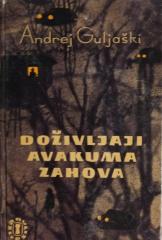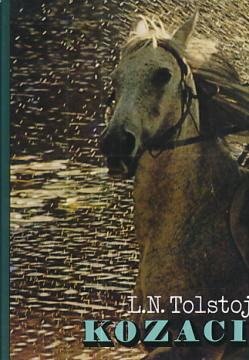
Kozaci
The Cossacks (1863) is a key work in Tolstoy's early work, a bridge between his autobiographical works and his later epics. Inspired by Tolstoy's own experiences in the Caucasus, the work lays the foundation for his critique of civilization.
In 19th-century Tsarist Russia, young nobleman Dmitry Olenin, disillusioned with the superficial life of Moscow’s elite, leaves the city in search of meaning. He decides to join the Russian army in the Caucasus, where he encounters the wild beauty of nature and the free spirit of the Cossacks, a people whose life embodies simplicity and independence. Leo Nikolayevich Tolstoy’s masterpiece, The Cossacks, follows Olenin’s inner and outer adventure.
Arriving in a Cossack village, Olenin is enchanted by the natural way of life and drawn to Mariyanka, a strong and independent girl, the fiancée of the local hero Lukas. As he tries to win her affection, Olenin struggles with his own feelings and the discrepancy between his aristocratic background and Cossack values. The Cossacks, though hospitable, view him as a stranger, and his romantic dreams of Mariyanka clash with her devotion to Luka and the community.
Through hunting trips, conversations with the wise old Cossack Eroshka, and observations of Cossack life, Olenin begins to understand the limitations of his worldview. The novel explores the conflict between civilization and nature, romanticized ideals and reality, and the search for authenticity. In the end, Olenin realizes that he cannot fully belong to the Cossack world, but his experience changes his perspective on life, leaving him with bitterness but also a deeper understanding.
The novel initially received mixed reviews. Critics praised the vivid descriptions of nature and Cossack life, but some found the plot underdeveloped compared to Tolstoy's later works. Readers appreciated its romantic and philosophical depth, and the work influenced discussions about the conflict between culture and nature. Today, The Cossacks is considered a classic that reveals Tolstoy's early genius and reflections on human existence.
Two copies are available
